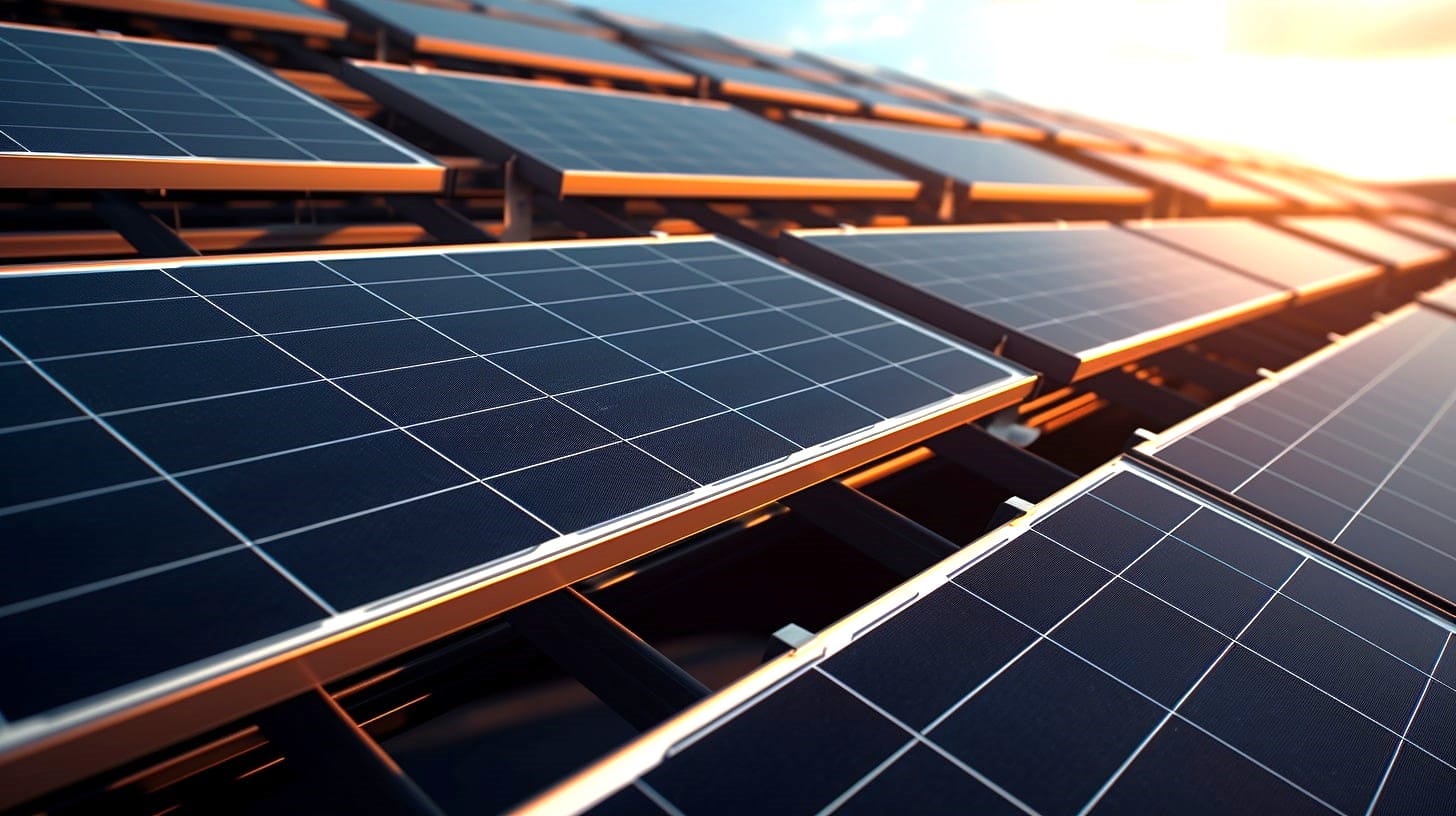By Andria Kades and Elias Hazou
Cyprus urgently needs to upgrade its electricity grid to enable further penetration of renewables, helping drive down the cost of power, the energy regulator advised in a report released on Tuesday.
“Today the EU faces an energy crisis, more specifically a natural gas crisis. The EU is paying a high price for its dependence on Russian natural gas,” the Cyprus Energy Regulatory Authority said in its 2022 annual report.
“Cyprus does not fare much better, as the rapid rise in the cost of liquid fuels, as well as the rising cost of greenhouse gas emissions allowances, has taken the cost of electricity to unprecedented heights,” it adds.
Cyprus is among the EU member states with the highest energy prices for non-household consumers while electricity prices for residential consumers are in line with the EU average electricity prices, the report underlined.
“The challenges and uncertainties faced by the global energy system reached their peak in 2022, around 50 years after the last major energy shocks of the 1970s,” it added.
“To solve the problems relating to the energy transition of isolated island electricity systems, particularly for Cyprus, what is needed in the short term is the immediate upgrade of the electricity grid, improving the flexibility of the electricity system through the use of natural gas and energy storage technologies, making it possible for renewables to penetrate into the energy mix.”
Cera also proposes the implementation of Vehicle to Grid (V2G) – technology that enables energy to be pushed back to the power grid from the battery of an electric vehicle.
The report goes on to note that Cyprus is the only non-connected EU member state.
“With the right planning and the creation of appropriate electrical interconnections this would cease to be the case, enabling Cyprus to make the most of its energy potential and become an energy hub for the transfer of electrical energy from and to the European Union as well as from and to Israel and Egypt, at the same time increasing our energy security.”
Cera said its actions are geared at the transition to the ‘green economy’, achieving environmental sustainability and climate neutrality, which would ensure economic growth in the long term.
“In this context, for Cera, protecting consumers remains a paramount objective.”
Elsewhere in the report, Cera said that in 2022 Cyprus got “a foretaste of the future, with higher penetration of renewables.
In Cyprus today, there are in operation about 407 megawatts of photovoltaic systems, 157 megawatts of wind-powered systems, and 13 megawatts of biomass systems, working out to a total of 577 megawatts of installed power from renewables. “In other words, 28 per cent of installed power relates to renewables,” the report said.
But this did not translate into a corresponding consumption of renewables: “Regarding the contribution of renewables in the final annual consumption of electricity in 2022, it came to 15 per cent, expected to increase in 2023 and in the next years.”
Cera marked a €262,770 loss in 2022, down from €106,833 profit in 2021.







Click here to change your cookie preferences